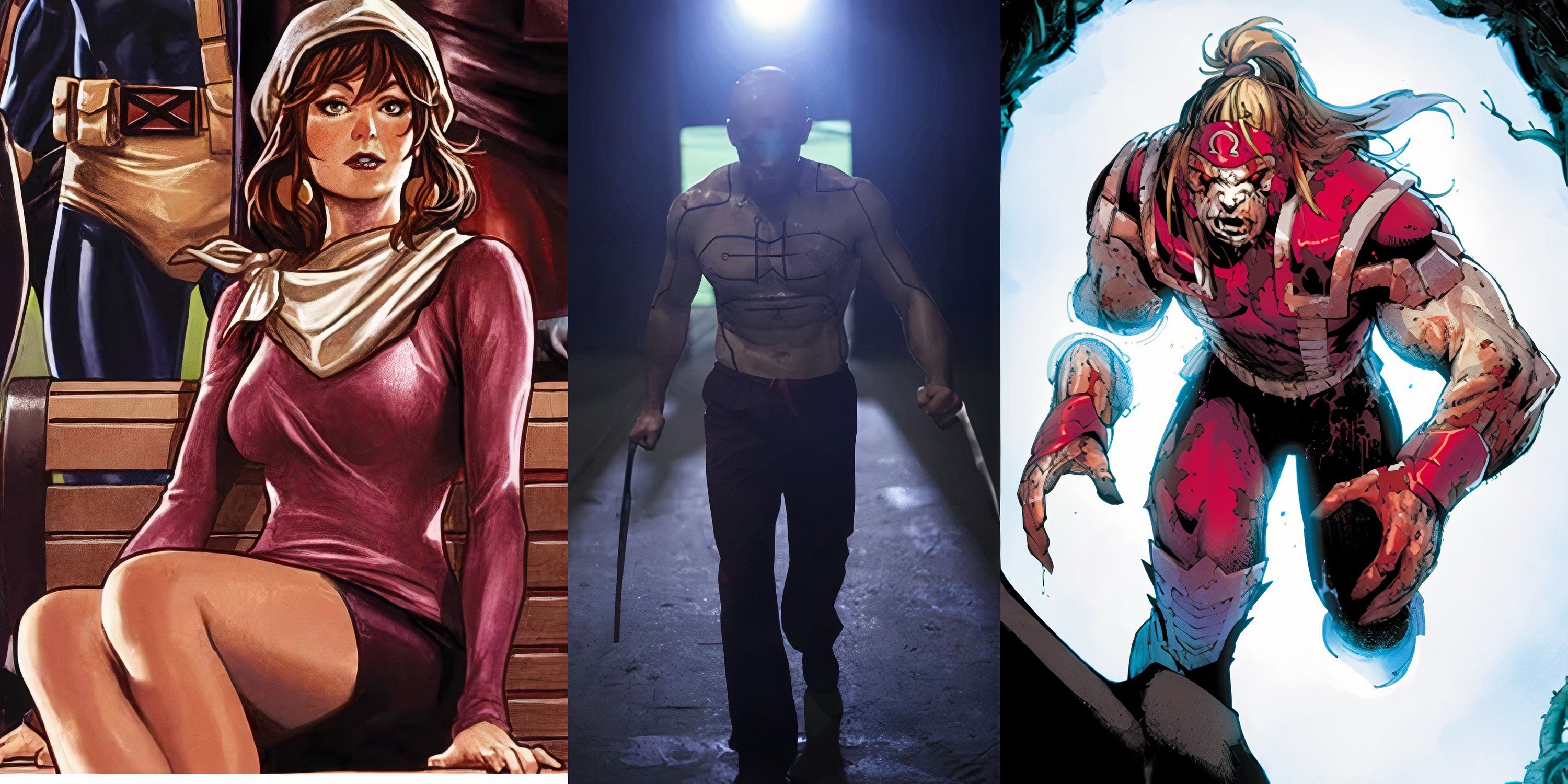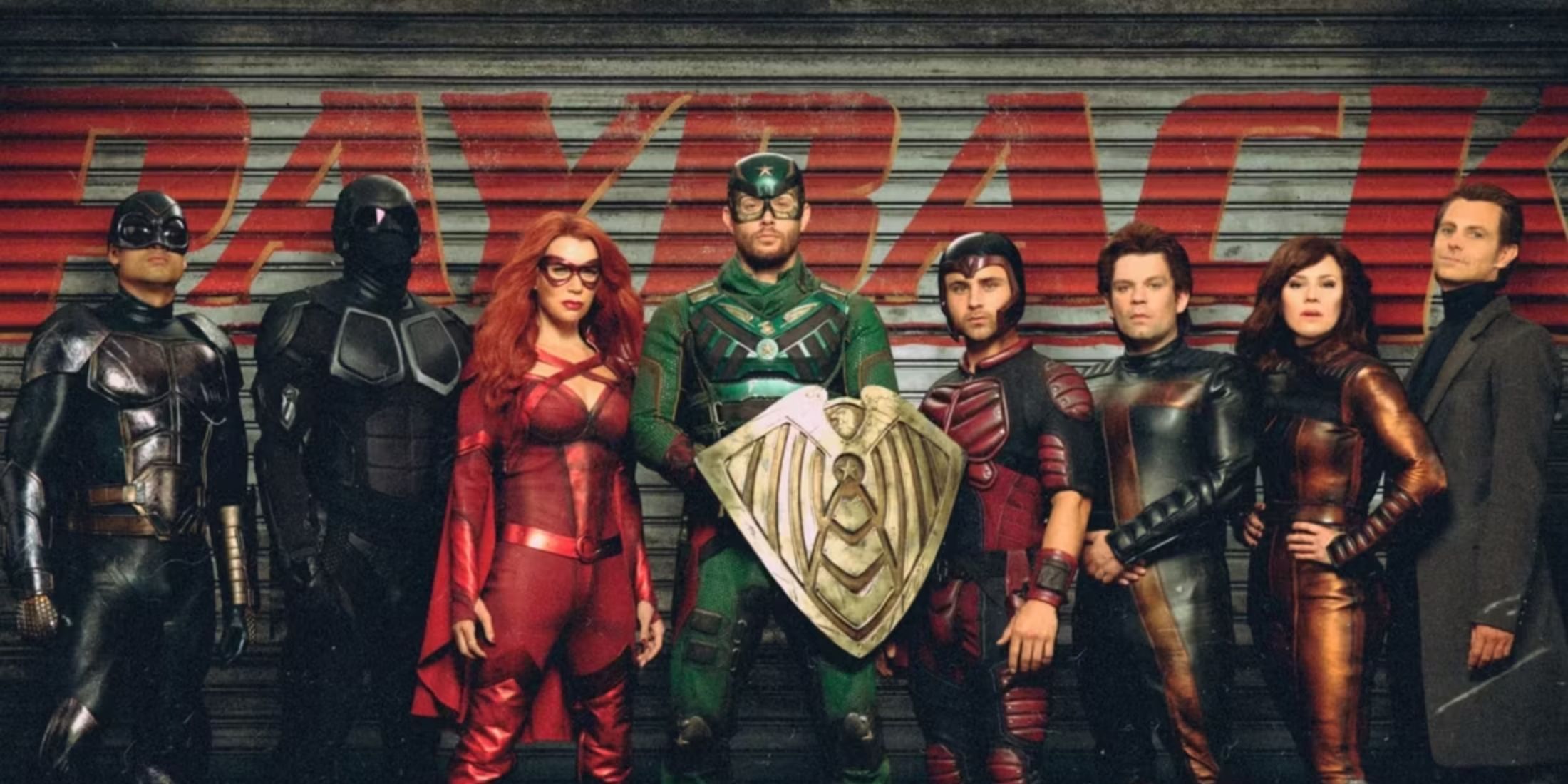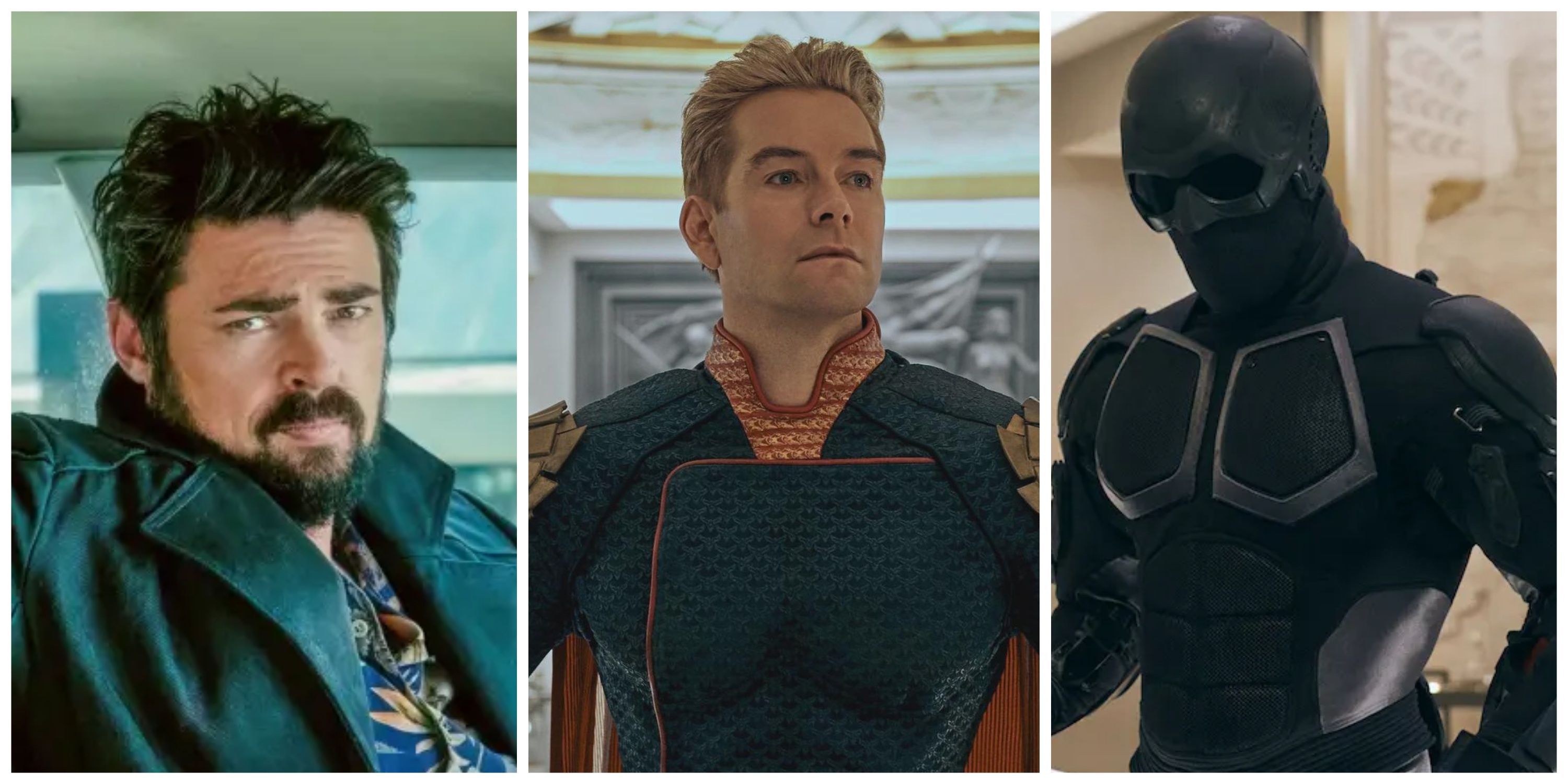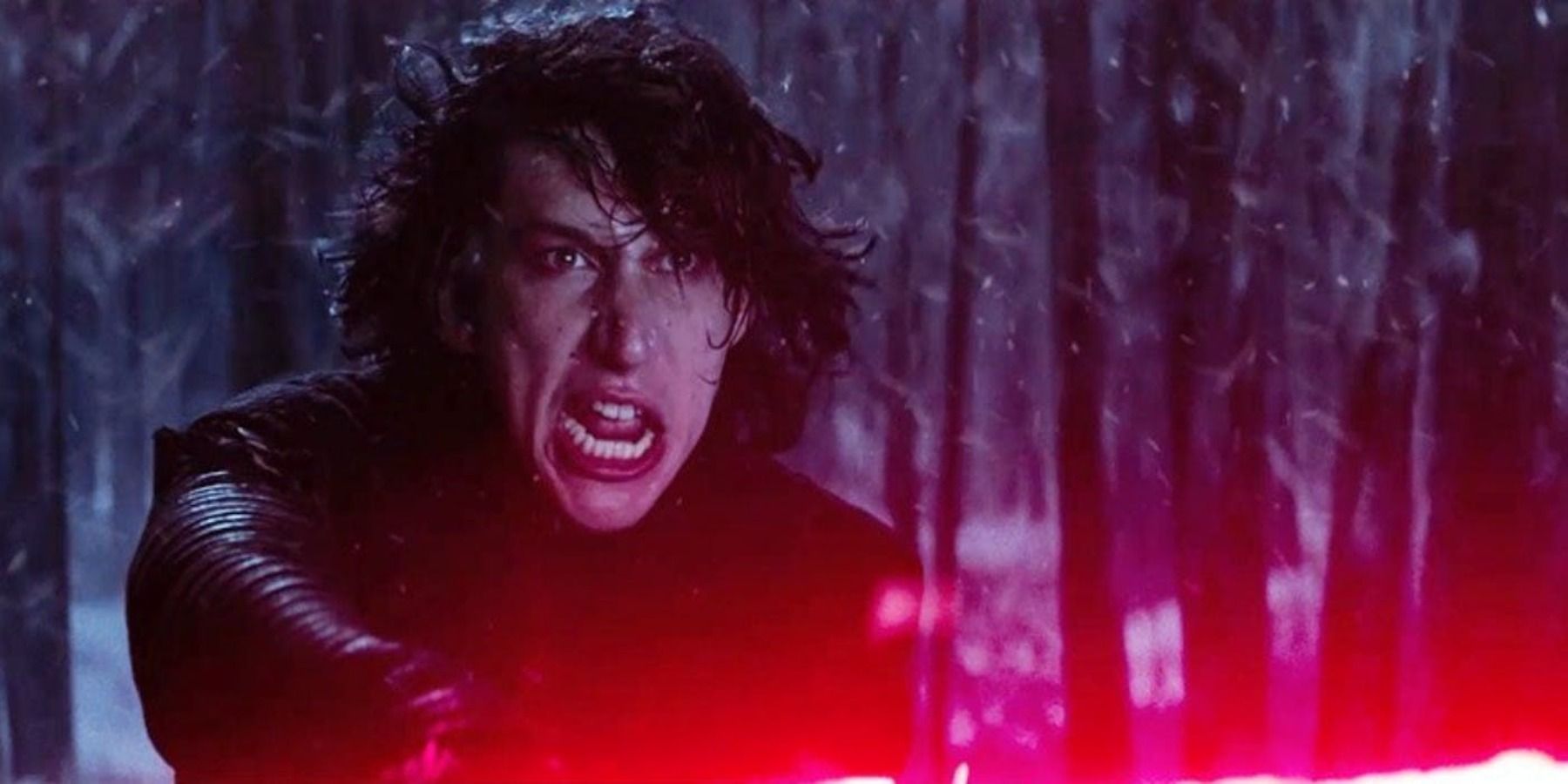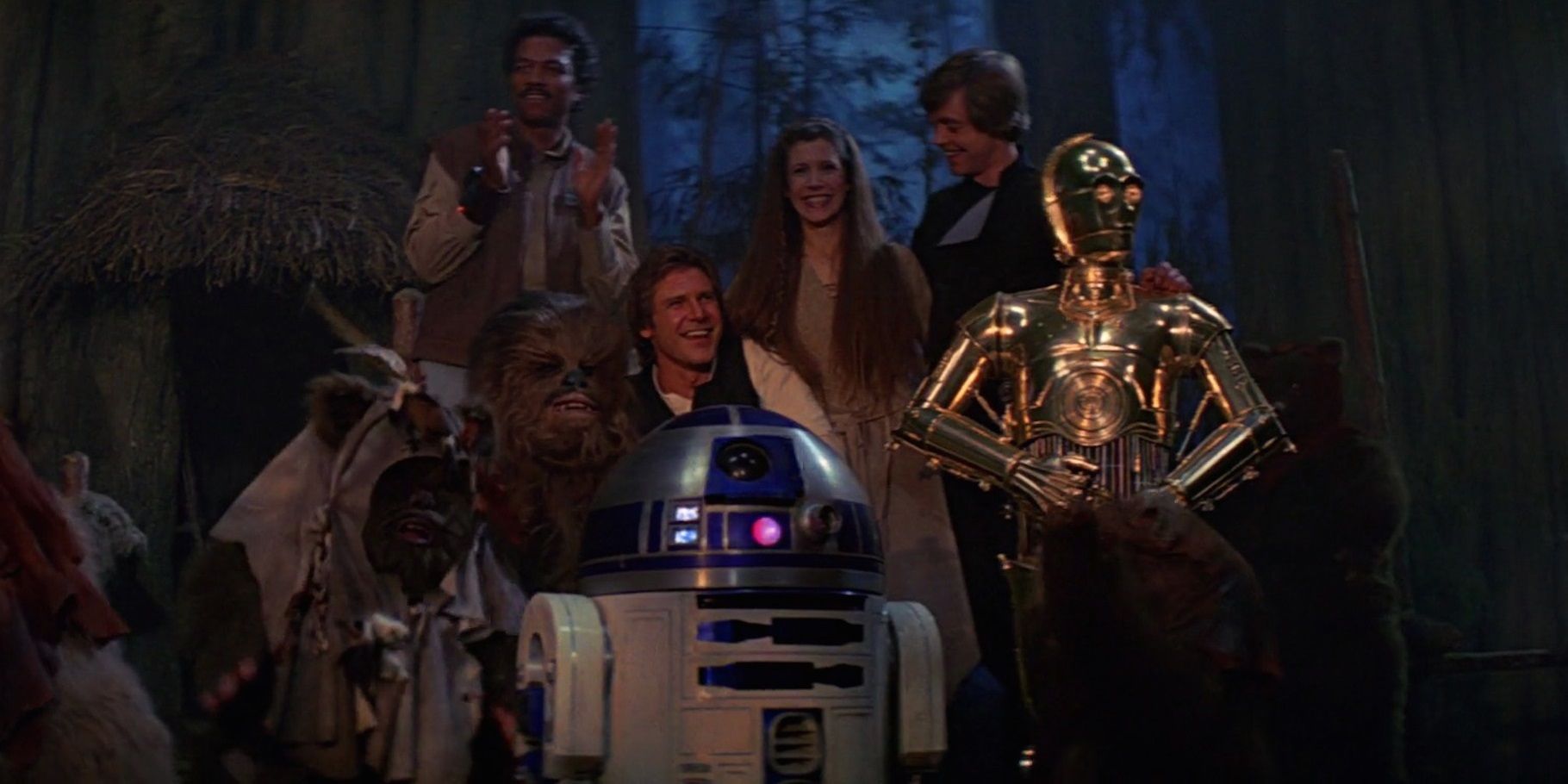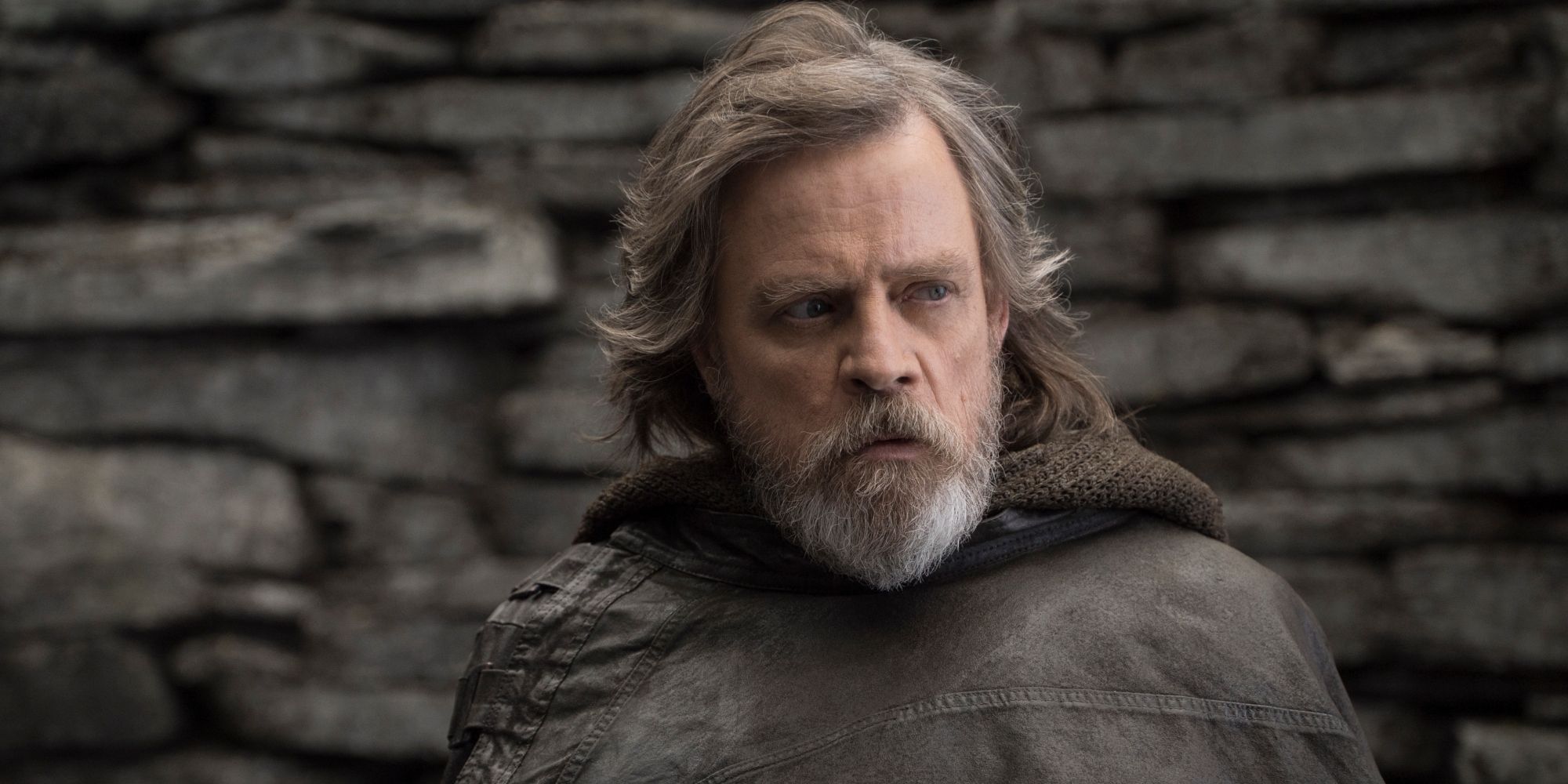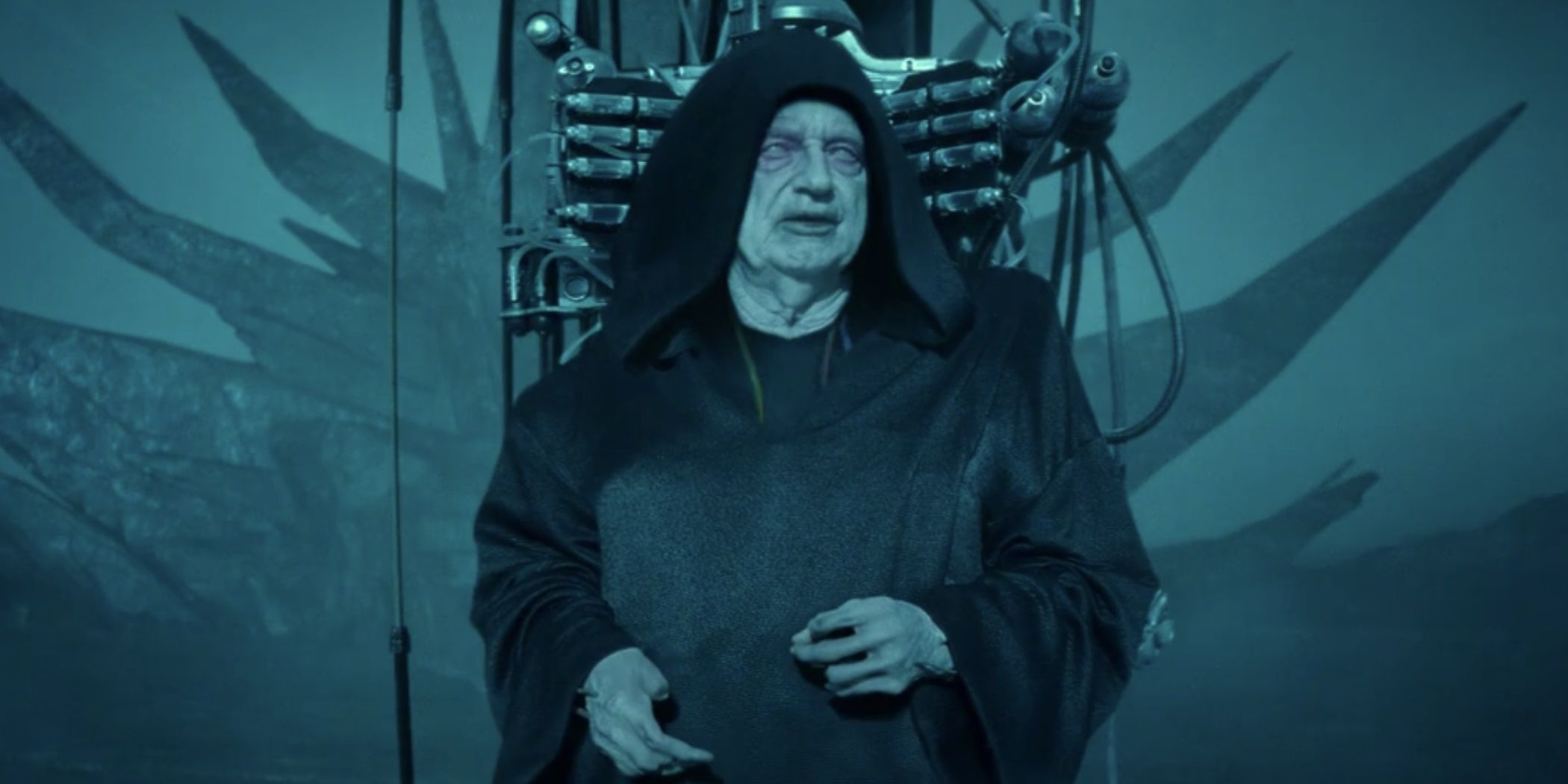Star Wars is undoubtedly one of the most iconic series in all of pop culture, with a history that stretches back decades. But throughout that history, the franchise has had no shortage of entries that have sparked controversy among fans.
From the much-maligned Prequel Trilogy to the infamous Holiday Special, Star Wars has been upsetting its fans for almost as long as it’s existed. But in recent years, the series’ biggest punching back has been the Sequel Trilogy, consisting of Episodes VII, VIII, and IX of the Skywalker Saga. Many fans see merit in the Sequels despite their reputation, while many more see them as a blight upon the franchise that would be best wiped from canon — but regardless of quality, this kind of polarizing reception to the Sequel Trilogy was inevitable from the beginning.
Obviously, any new entry in Star Wars canon is going to be under plenty of scrutiny no matter what. The series has one of the biggest fandoms in the world, which means that no story will be able to please everyone. But a direct canon continuation of the Original Trilogy on the big screen — something that fans had thought impossible for decades — is something that would always be doomed to disappoint no matter what. And in this case, the problem lies not only with the fanbase but with an inherent flaw in the very premise of a Sequel Trilogy.
Originally, Return of the Jedi was intended as the grand finale of the entire Star Wars saga, and its story was written to reflect this. It’s the perfect culmination of every character’s development — Han proves himself as a true hero, Leia discovers she still has family, and Luke holds onto hope and overcomes the Dark Side, becoming a true Jedi in the process. And of course, Darth Vader chooses his family over his master, destroying Emperor Palpatine and taking his last breaths as Anakin Skywalker once again. Even Lando gets to pilot the Millennium Falcon one more time. Regardless of how you feel about the Ewoks or the Jabba’s Palace segment, Return of the Jedi is a perfect ending to the Original Trilogy in every way that counts. It ties together every theme and character arc that’s been building up throughout the series to provide a cathartic, fitting conclusion to the story.
The final scene may not show how the Empire is dismantled or whether Luke starts a new Jedi Order, but it shows everything that matters. The heroes of the Rebellion celebrate their hard-fought victory after bringing an end to the Empire’s reign, the whole galaxy looking to the skies with hope as the lost heroes of the past watch over their successors with pride. The war that began with the battle between Anakin and Obi-Wan is finally over, allowing the fallen brothers to rest at long last. It’s a happy ending of the best kind — touching, heartfelt, and well-earned. But of course, this is no longer the true ending of the Skywalker Saga.
After all, the mere existence of a Sequel Trilogy that continues the story of the Rebellion and the Empire means that by necessity, the ending of Return of the Jedi can no longer function within canon as the definitive ending it was meant to be. The story isn’t as over as it seemed, which robs the conclusion of the Original Trilogy of some of its thematic weight. After all, what good is a happy ending if the story keeps going afterward?
And therein lies the problem with creating a Sequel Trilogy to begin with. Luke, Leia, and Han already got the perfect ending to their stories, so bringing them back for more would only do more harm than good. At best, any new story that could be told with them wouldn’t be able to live up to the Original Trilogy, and at worst, it would actively undermine the story of the previous films. And sure enough, plenty of Star Wars fans weren’t happy with how the Sequel Trilogy dealt with the legacy of the previous films.
While some fans found Han’s death to be an appropriately shocking and tragic moment, others were disappointed that he died before he could be reunited with Luke. And of course, Luke himself proved to be an even more polarizing figure in The Last Jedi. Many moviegoers were furious at seeing the once-great Jedi Knight reduced to a bitter shell of a man due to the very fear and impulsiveness he had conquered back in the Original Trilogy. Meanwhile, some considered his sendoff a fitting one, with the hero of the old generation dying peacefully after passing the torch to his successor. And while Leia’s time in the trilogy was sadly cut short by Carrie Fisher’s untimely passing, fans remain divided on how satisfying her existing role in the story is.
And then, of course, there’s the matter of the Emperor. Although Palpatine was thought gone after Anakin sacrificed his life to destroy him, he was revealed to be alive and well in The Rise of Skywalker through conspicuously ambiguous means, manipulating the events of the Sequel Trilogy from the shadows. At first, some fans were excited to see the ultimate villain of Star Wars return for the grand finale of the Skywalker Saga, but in practice, Palpatine’s big comeback proved to be quite problematic for a number of reasons. Putting aside how Palpatine was actually written in the film, the very fact that he returned after Episode VI renders Anakin’s sacrifice all but completely meaningless. It’s still a perfect ending of his character arc, certainly, but the fact that his betrayal of the Emperor had no lasting consequences definitely gives the moment much less weight if one watches Return of the Jedi with the Sequel Trilogy in mind.
In fact, the entire story of the Original Trilogy suffers because of Palpatine’s unexplained revival. Despite everything the Rebellion does to take down the Empire, despite all the sacrifices the heroes make, their efforts are rendered meaningless in the long run. After all, the galaxy only knows peace for a few years before the Empire returns in the form of the First Order, with the Emperor himself still pulling the strings. Nothing truly changed at all over the course of 30 years, and Han, Luke, and Leia all end up dying because of it. The once-optimistic ending of Episode VI is rendered downright grim in hindsight, knowing all the tragedy that’s still to come.
Regardless of one's personal thoughts on the quality of the Sequel Trilogy, it’s hard to deny that the story of the Original Trilogy suffers a bit when it loses its sense of closure and finality. The endings that were originally intended for Luke, Leia, Han, and the Emperor work much better thematically than the ones they have now — which raises the question of whether a direct sequel to the Original Trilogy could ever work at all. While other entries in the new Star Wars canon like Rogue One, Rebels, and The Mandalorian have been welcome additions, the controversy caused by the Sequels far outweighs their merits. Perhaps this was one story better left untold.

